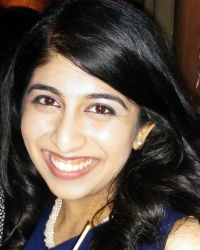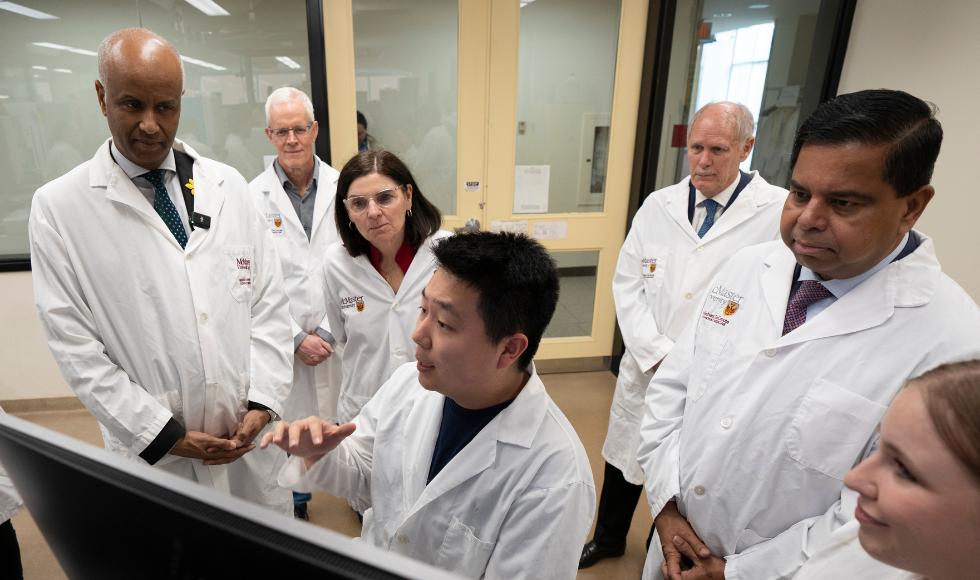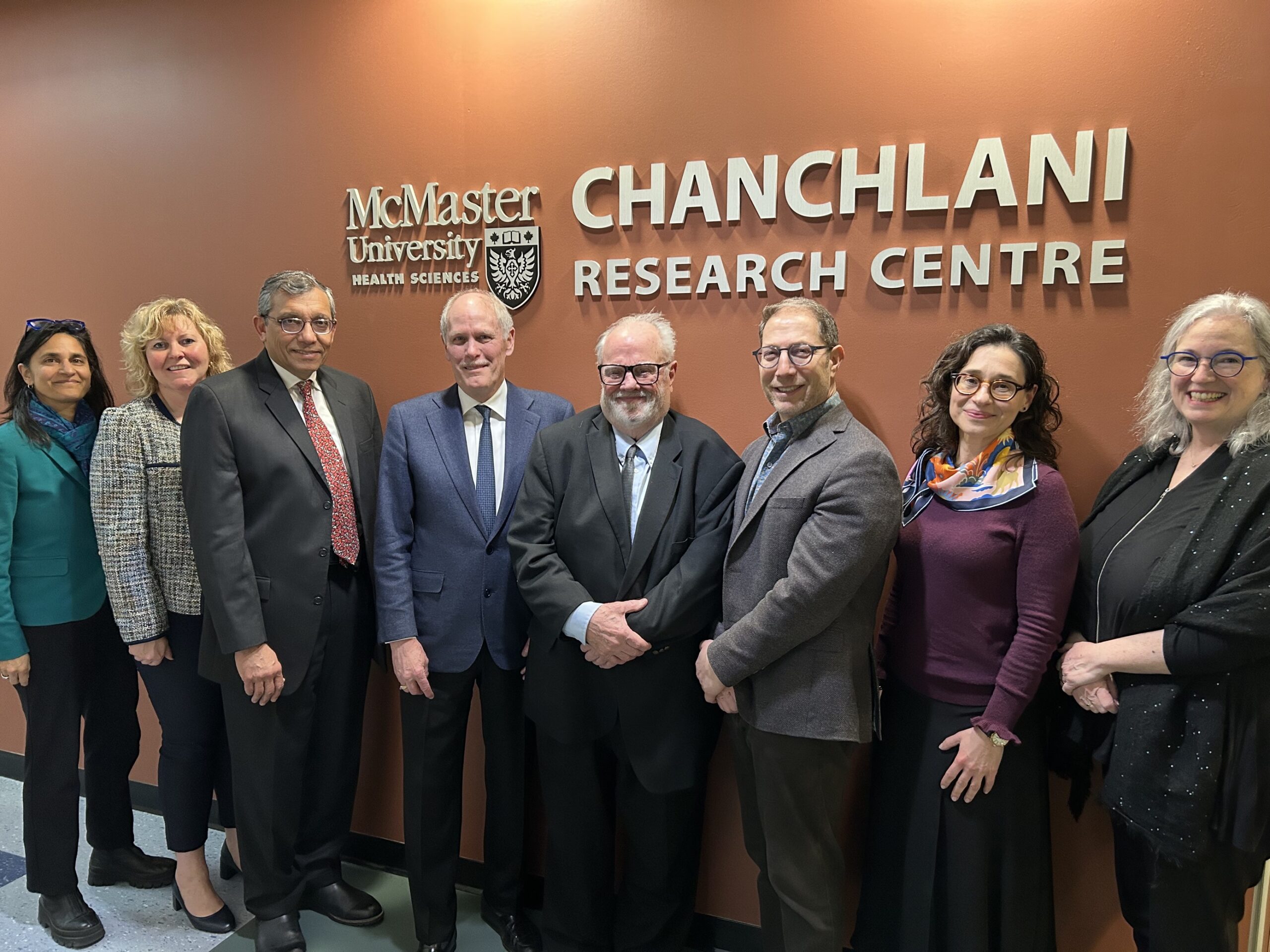My Thesis Journey: Sunita Kheterpal

Sunita Kheterpal
Soon-to-be-graduate of the MSc Global Health program at McMaster University, Sunita Kheterpal, reflects on her thesis process and the challenges and opportunites she has faced along the way.
In 2014, my journey towards a Master’s degree that combined academia and my passion for public and global health was about to begin. In Hamilton, I had the opportunity to work with Dr. Mohit Bhandari and his research team at MacOrtho. This experience eventually led me to a private orthopaedic hospital in Pune, India. Here, I spent my Global Health practicum conducting a research study involving the implementation of an evidence-based knowledge dissemination portal (OrthoEvidence). My purpose was to provide physicians and trainees with a tool they could use to improve how they treat patients.
Overcoming challenges and gaining trust
The challenges I faced in Pune were not always related to the research process itself. Settling into a new country, routine, and culture presented its own difficulties. There were some intrinsic obstacles to overcome in the hospital. I was an outsider on a temporary research assignment. The subject study group had priorities well beyond the limits of my research. Some surgeons in India questioned whether an evidence-based medicine knowledge dissemination portal would be applicable there. They explained that North American research, practices, and standards might not hold the same value in a setting with limited resources.
Seeing the initial resistance from doctors, I realized that a paradigm shift was needed for my research to hold weight. I attended morning meetings, sent out daily emails, and eagerly set up dozens of interviews and surveys. However, the hierarchical bureaucracies, combined with the challenges of contextualizing a tool perceived as “Western” (synonymous to many with “out-of-context”) were barriers to the flow of information amongst medical staff and limited its uptake.
In dealing with these roadblocks, I learned one of the most valuable lessons of my trip: fieldwork requires persistence and a concentrated effort to obtain valuable feedback. Listening to others’ perspectives is fundamental to achieving buy-in. My continued presence, impartial approach to disseminating tangible and clinically applicable articles, and openness to the doctors’ insights were instrumental in gaining the trust of the residents and consultants.
Shifting perspectives
I truly believe that original research and new information carry far more value than a citation or a research paper can capture. They have the capacity to affirm notions, highlight problems, spur new ideas and solutions to improve our health, and transform the face of health care practice.
What was most inspiring about my journey was seeing a process come to life and fulfill its purpose. Doctors who had initially expressed uncertainty began using the reports they received to improve post-operative tibial fracture care. Other trauma surgeons indicated they had found value in an article on clavicle fractures, which had shed a new light on different management strategies. Perhaps even more telling, some doctors were using the weekly reports to reassure their tech-savvy patients that the procedures they would be performing were based on sound medical evidence, demonstrating that there was a place for evidence in the patient domain as well.
Every journey of a thousand miles begins with a first step
I would be naïve to presume my three-month stay would revitalize the realm of evidence-based medicine in India. But, as I packed my bags to return to Canada and conclude a whirlwind journey, I felt a sense of satisfaction. This visit had taught me more about research, medicine and myself than I could have imagined. It was a first step.
For some doctors, there was now a new way to access the most recent evidence to improve their patient care. For others, there was a newfound belief in the value of evidence-based medicine, and an opportunity to identify strategies to make international research findings relevant to a local context.
I believe my success during that data collection period can be attributed to my persistence, patience, constant optimism, ability to build relationships, and a smile that went a long way. Most importantly, I would not have made it this far without an incredible support system and thesis committee to back me up every step of the way.
So, while my thesis journey is not over, I am back in Canada ready to write about all that I have learned. One thing I will always remember is to be open and ready for the challenges I will inevitably face along the road.
Global Health News
Related News
News Listing

Daily News ➚
A win for Canadian research: Ottawa boosts funding for graduate students, research grants
Global Health News
1 week ago

McMaster University Formalizes Partnership with University of Alabama at Birmingham
Global Health News
March 28, 2024

March 4, 2024
